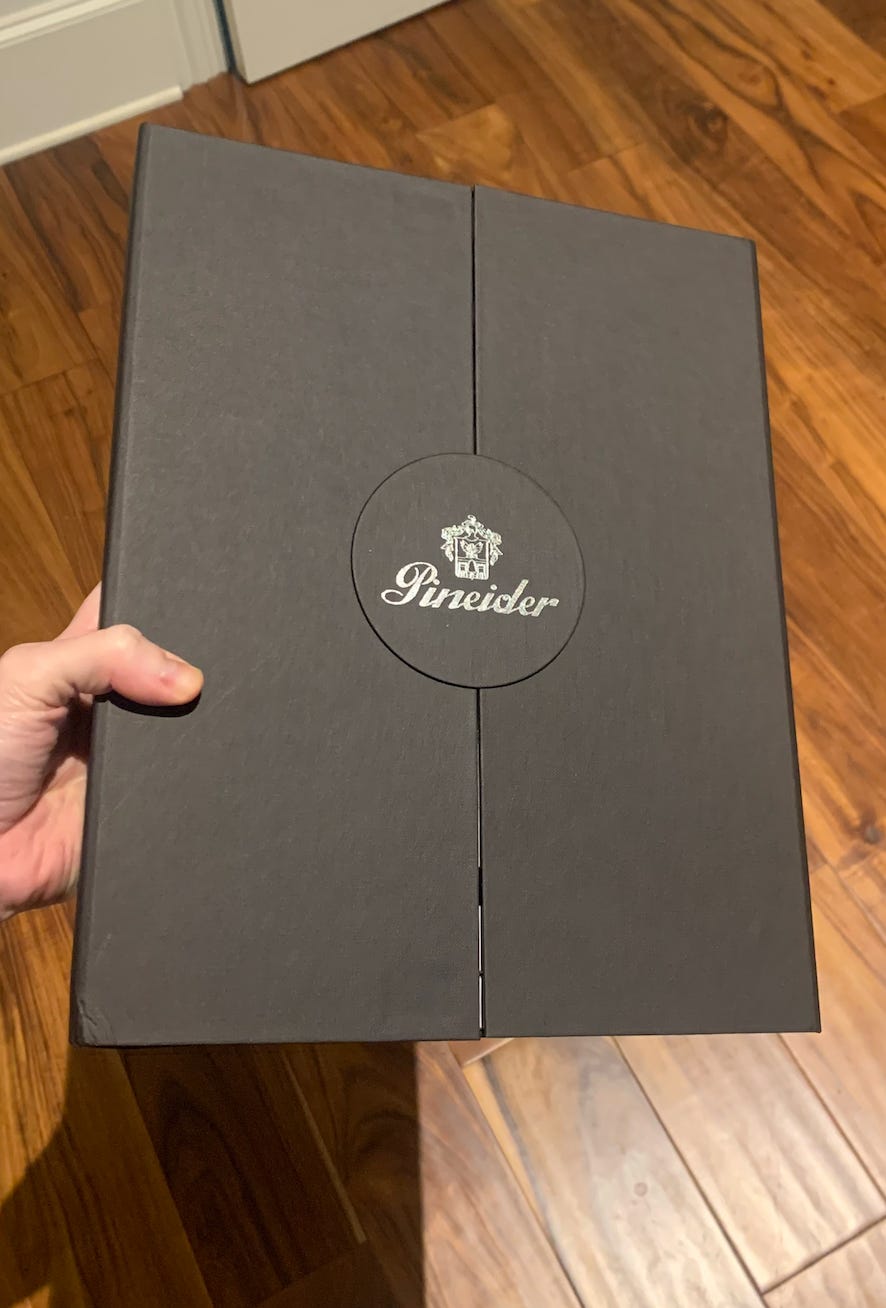Explained: why so many books on Amazon have weird subtitles
an unputdownable, laugh-out-loud post with a spine-chilling twist that will leave you speechless
Ever wonder why so many books on Amazon have weird subtitles?
You’ll find a book with a normal title and then the subtitle will be something like “an unputdownable thriller with a jaw dropping twist that will leave you speechless” or “a laugh out loud mystery featuring the world’s most handsome dictator"?
Me too! Here’s why this happens!
(I mean, the short answer is “marketing.” Here’s how you actually get there, though.)
When you list a book on Amazon, you get the option of choosing up to seven keywords/phrases to associate with the book.
You can pick these words by guessing, or you can do some research. I’m putting Great Leader Detective Agency out on August 14, so I just did this and chose the “research” route. I used Publisher Rocket, which is a piece of software that lets you query Amazon’s database for what people are actually searching for.
If you want people to find your book, you’ll use those “actual searches” as your keywords. And then, because of how marketing works, you’ll also put those keywords in your subtitle.
Why? Because if I search for “Fountain Pen For A Crazy Person” and quickly scan the results, I am much more likely to click on “BENU Parrot: The Perfect Fountain Pen For A Crazy Person” than “BENU Parrot: Fountain Pen.”
As a result, my book, which already had a weird long title, now also has a weird long subtitle (this is called DOUBLE MARKETING, very smart). See:
Hahaha oof. This is awkward! But people search for phrases like “funny mystery novels” and “laugh out loud books” (and notably, not “books with ice-cream cake as a plot device”). I would like my book to be read by people, so here we are.
I don’t know if this is why everyone does it. “Unputdownable” doesn’t seem to get a ton of search volume, for example. Some people just might want to use over-the-top subtitles because they just work regardless of any keyword strategy—like, they’re not keyed to people finding the book, but once they do, you get better click-through.
I don’t know. It is why I am doing it, though.
And I would personally love to not do this. Specifically, I’d love to not describe the book as “laugh out loud funny,” even though that’s obviously the point of the book. I mean, I literally judge early drafts on whether my wife laughs out loud or not.
I feel so uncomfortable saying this, though, that when I hired a professional beta reader to take a run at a draft last year, she recommended I revise the blurb because the fact that it was funny totally surprised her. I had not mentioned the tone at all.
I am uncomfortable with this because it requires vulnerability. If I simply describe the plot of the book, you can’t argue with that. It’s just, like, factually true that the book has a shark who graduated from shark college.
If I say it’s “funny,” though? That’s a conclusion that is unbelievably subjective and personal, and it’s easy for you to disagree. And I would like what every sensitive person likes: to receive praise and validation without the risk of looking like I tried hard at something and failed.
Put otherwise, I want you to like my book without having to act like I care about it enough to be willing to be cringe.
Except I do care about it that much! And it makes total sense that someone who wants to read a funny mystery would search for “funny mystery.” So if I want readers to find the book and decide it is funny for themselves, I have to describe it that way first, and the subtitle is where that goes.
I imagine thriller writers feel the same way about describing their work as “unputdownable,” and horror authors as “spine-chilling,” and romance authors as whatever the trope is for them (I’m not the target reader there), and so on. Scale that up, and here we are with a Kindle store full of books with weird subtitles.
OTHER STUFF
NEXT TIME: I finally get to open and review this thing, which I bought in November and vowed I would wait to open until my book was published. Totally normal packaging for a single pen, makes sense:
At that time I thought I was going to publish the book in, like, March. Sooo now it’s been sitting there for eight months. Hopefully everything in there works!
GET EM, ROCKET: For other writers, my initial impression is that I really like Publisher Rocket. Back when I ran a company I would have killed for data like this and probably would have paid a couple grand a year for it. We’ll see how it holds up post-publication for advertising data, but honestly the time I saved in keyword research was already worth the money. Simply knowing that people actually search for “funny mysteries” gave me freedom to lean into the book’s tone instead of trying to explain how it was kinda like a cozy mystery but not really.



